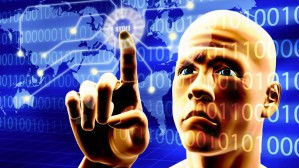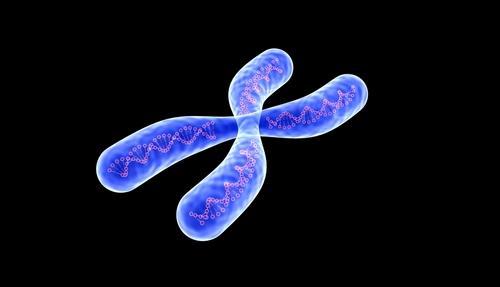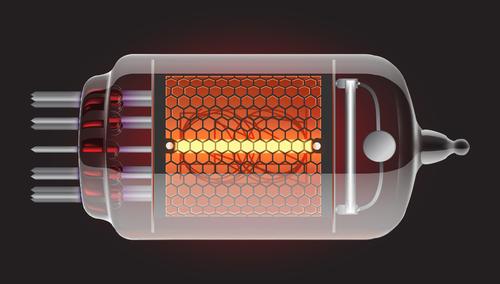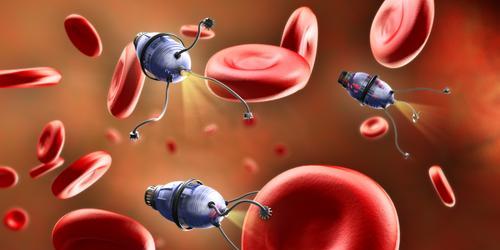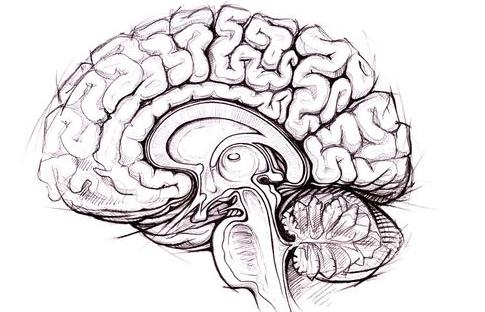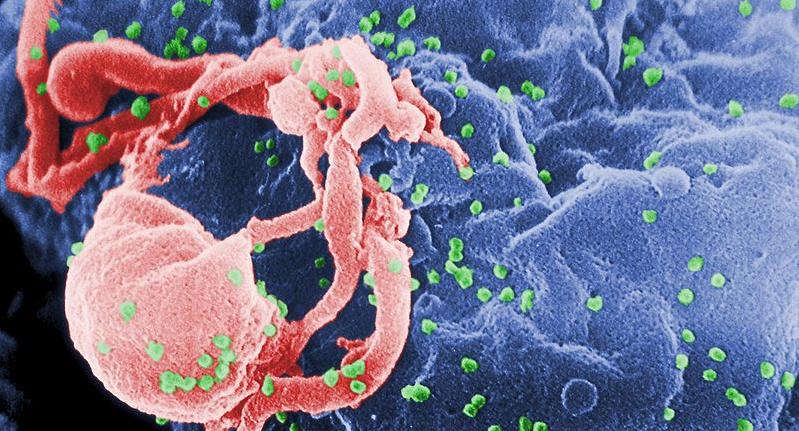Surprising Science
All Stories
A technology start up that is adapting aged military equipment to civilian use wants to offer an unmanned aerial drone for $100 but the devices have raised questions about privacy law.
The future is a difficult thing to grasp, and not just because we can’t see it. Bringing innovation to life requires imagination, resourcefulness, the sort of limitless creative ambition we today associate mainly with science fiction writers.
Fresh off the press from TEDGlobal, Marc Goodman’s talk on the future of crime has been causing a bit of stir on the blogosphere. Goodman is a global security advisor and futurist focused on the disruptive impact of technology in security, business and international affairs – and has a unique perspective about what the future may hold.
A German court has effectively criminalized male circumcision, and while the ruling is not binding on any other body, debate over religious and individual freedom has erupted.
Previously thought to be simply the glue binding the brain’s neurons, glial cells have proven an important regulator of THC and therefore an important part of how conscious memory works.
The nation’s leading criminologist warns that rising global temperature seed the ground for crime. Threats to livelyhood and large-scale migrations help create deprivation and discrimination.
Harvard medical researchers have discovered how some cancer cells develop resistance to targeted therapy treatments. The study concludes that a one-drug approach is insufficient.
A rare mutation on a gene long associated with Alzheimer’s seems to prevent the disease from forming. Scientists want to make a drug that mimics the specific mutation.
While eugenics is most certainly morally dubious, it simply does not work at a practical level. Any strategy to decrease genetic diversity in humans would make us less able to survive change.
Scientists at the University of Pittsburgh have successfully coaxed semiconductor electrons into vacuum tubes, preventing nano-sized collisions that slow down computing speeds.
An American company is developing applied neuroscience technology that will allow operators to read the thoughts of someone and then perhaps classify them as dangerous.
Harvard scientists have created a nanomaterial which regulates itself by adjusting to a host external stimuli like temperature, pH, pressure, and the presence or absence of certain chemicals.
A team of Ukrainian students have created sensory gloves which translate sign language, including its various regional dialects, into speech and also won a $25,000 prize for their invention.
The Hubble Space Telescope has found a series of tiny, old and pristine galaxies in our Milk Way’s neighborhood which will help scientists better understand how the early Universe evolved.
A new report compiled by nearly 400 scientists from 48 countries explains how climate change may have influenced certain individual weather events this year, from droughts to heat waves.
Scientists at the Large Hadron Collider will now attempt to create individual particles of dark matter. Meanwhile, University of Michigan scientists have observed new threads of the mysterious stuff.
MIT theoretical physicists are working to carry the structure of crystals, such as table salt, into the fourth dimension of time. The result could be a computer than runs infinitely into the future.
Researchers have found a way to unclog obstructed blood vessels, leading to heart attacks and strokes, by the use of a low-dose drug delivery system.
Through a collaboration of studies researchers have identified a parasite they believe is linked to suicide in women.
What’s the Big Idea? My brother-in-law, a tenured professor at Osgood law school in Toronto, sent me an article yesterday. “This will interest you. Anne-Marie is a rockstar academic!” The […]
Genetic engineers have penned a report on why genetically-modified food is dangerous.
Recently, the FDA approved a home HIV testing kit to purchase over-the-counter.
Mind reading devices that can alert soldiers to things they’ve seen, but that their brains aren’t yet aware of, could save lives. Some scientists worry it could also extend the theater of war.
By optimizing technologies currently on the market, cars will soon be unclogging traffic jams more efficiently than humans can. After the jam is cleared, control of the car is returned to the driver.
The Higgs boson has helped scientists confirm that there exists a vast, though nearly invisible, field of energy without which all the Universe would be massless whizzing forces.
When NASA’s newest Mars rover, Curiosity, touches down, scientists will study its landing technology to understand how suitable it would be for sending a manned mission to Mars.
While today’s announcement of the Higgs’ discovery is important, we should not elevate it to deity-status, says Dr. Dave Goldberg, professor of physics at Drexel University. It’s just a particle.
The extreme weather events of this American summer–horrendous wildfires, oppressive heat waves, devastating droughts–are precisely what global warming looks like, say climate scientists.
Scientists at the CERN laboratories in Geneva, Switzerland, have announced they found strong evidence supporting the Higgs’ existence, largely completing the Standard Model.
New computer software that pours over crime data is better than police officers at predicting where future crimes will occur. And giving the work to computers allows cops to stay on the street.


